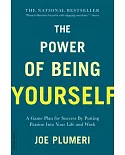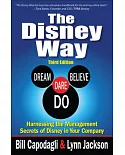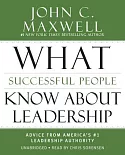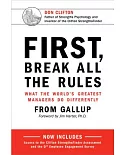In an era of Citizens United and 8-figure paychecks for CEOs, most of us imagine that corporations have never been more powerful. Yet public corporations—companies that sell
shares to the public, rather than being privately owned—are in retreat in the US, while alternative ways of organizing business, are on the rise.
To many this will sound like good news—but Gerald Davis points out that there’s a considerable downside. In their heyday public corporations provided good salaries, benefits, training, lifetime
employment, and retirement pensions—features that are conspicuously absent from newer models championed by companies like Uber. The consequences of corporate decline in the US are stark:
greater inequality, less mobility, and a frayed social safety net.
This book explains the rise of the large American corporation, it’s role in greatly expanding the middle class, and the economic pressures that are making it unsustainable. The future could see
either increasing polarization, as careers turn into jobs and jobs turn into tasks, or a more democratic economy built from the grassroots. Davis explains how we got here and lays out the
choices ahead of us.





















